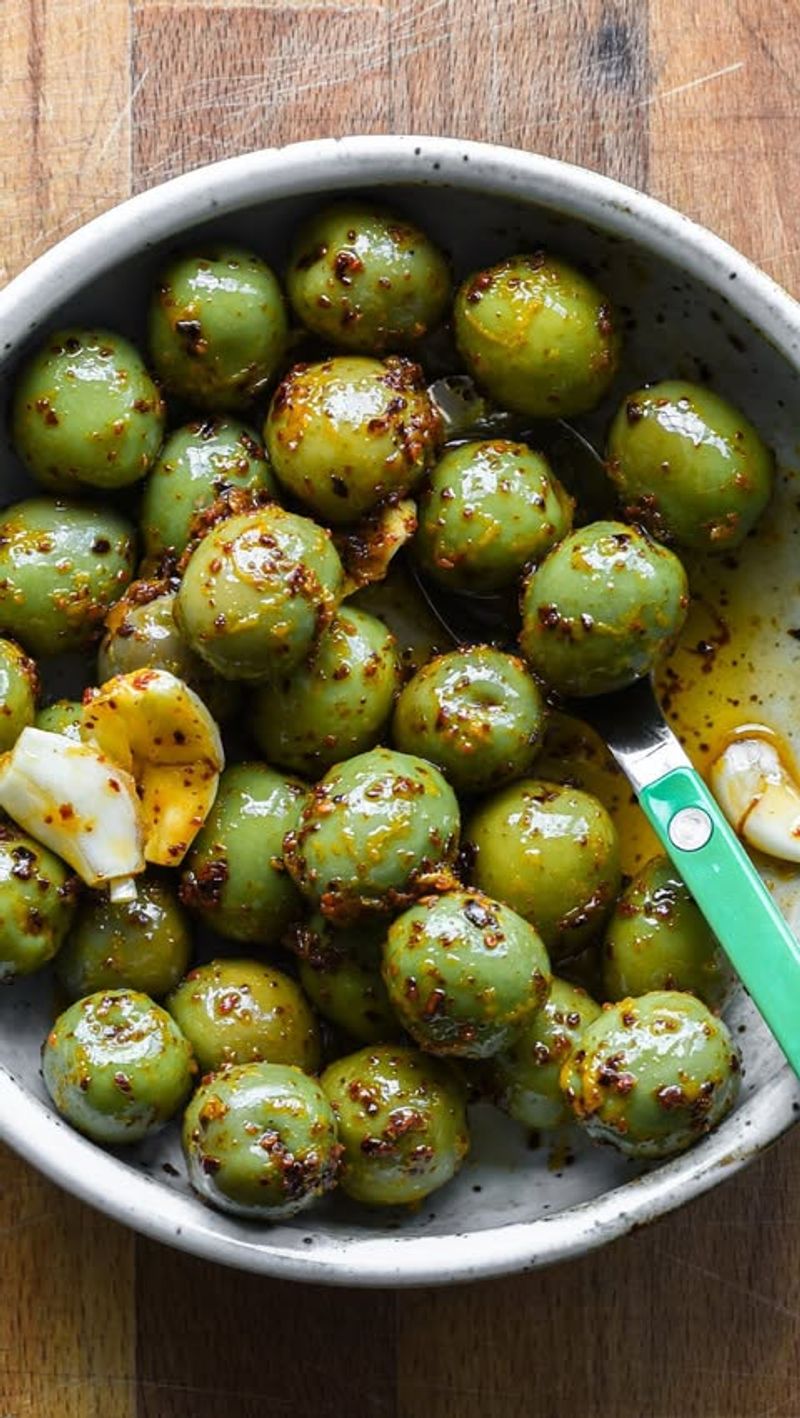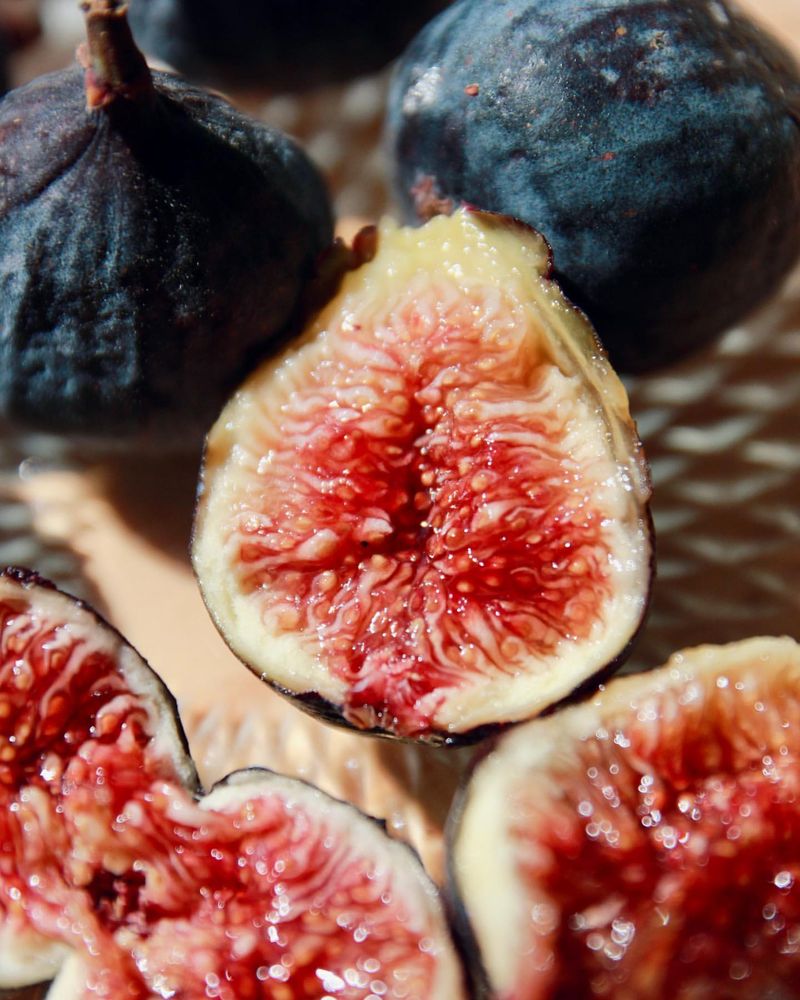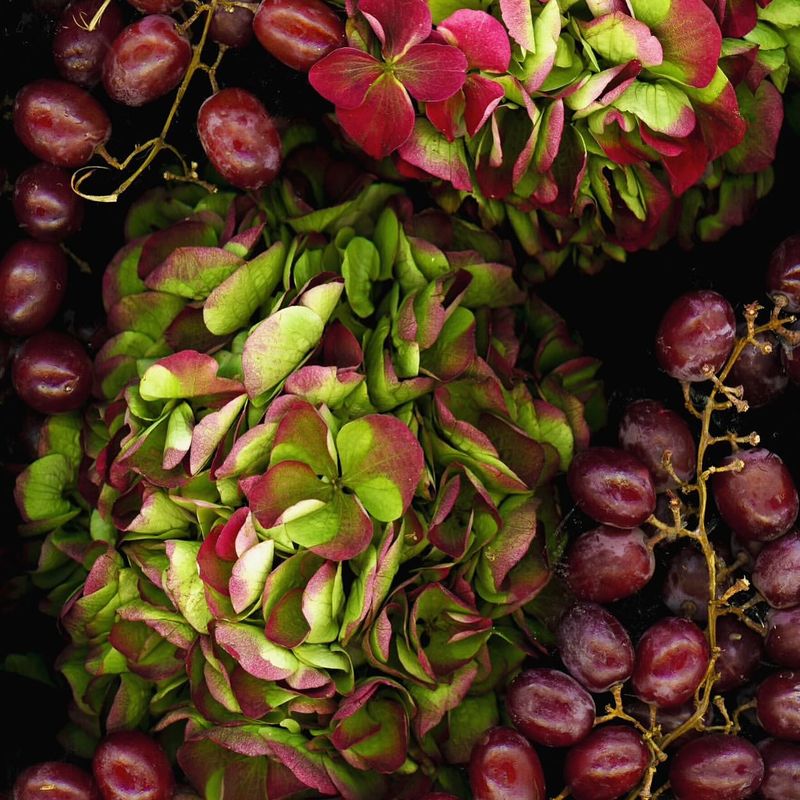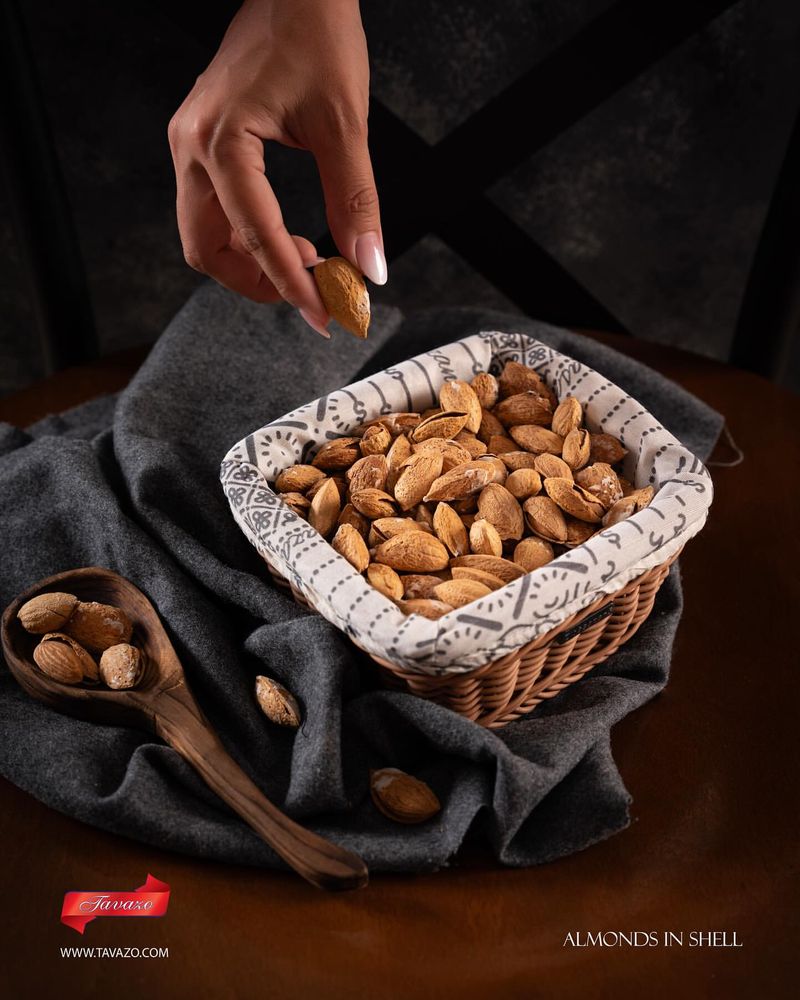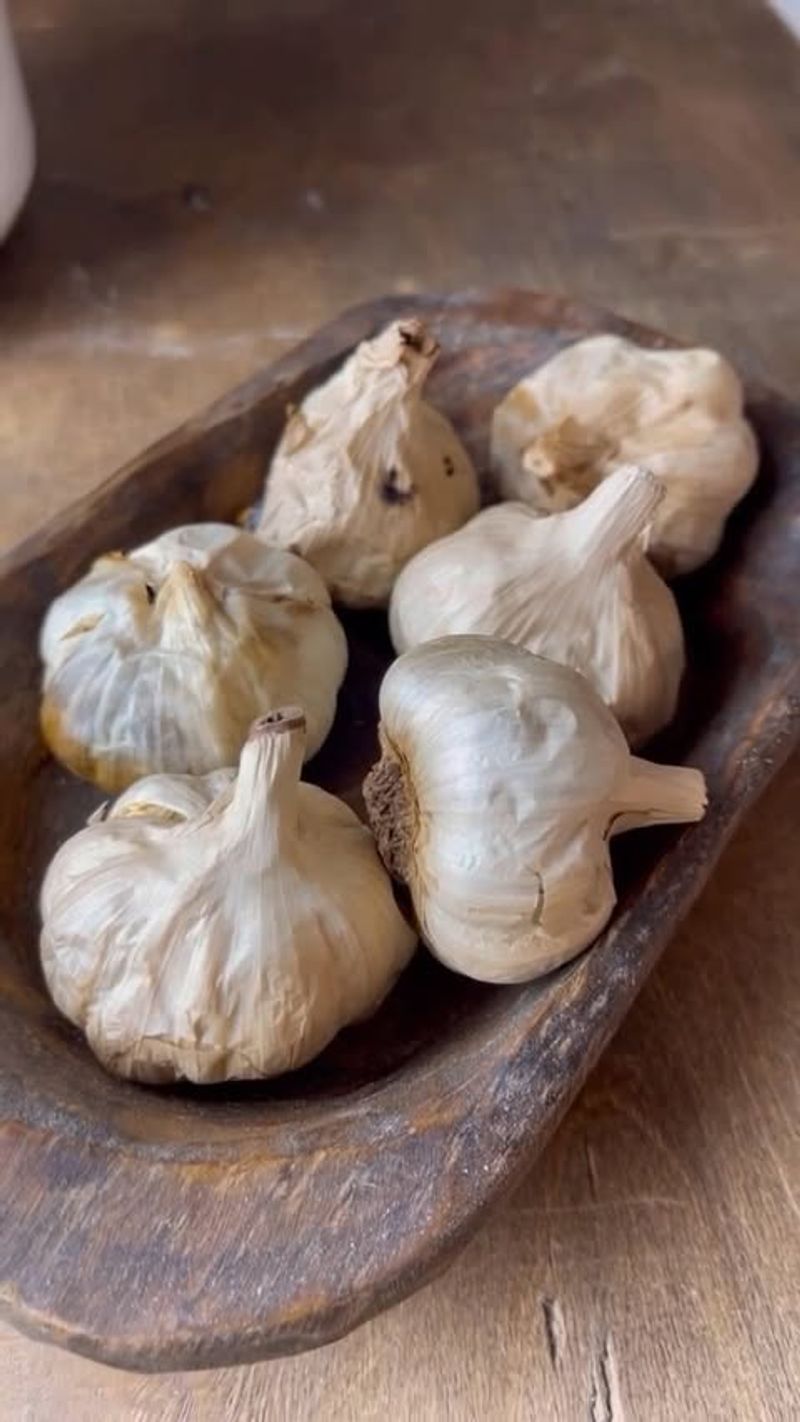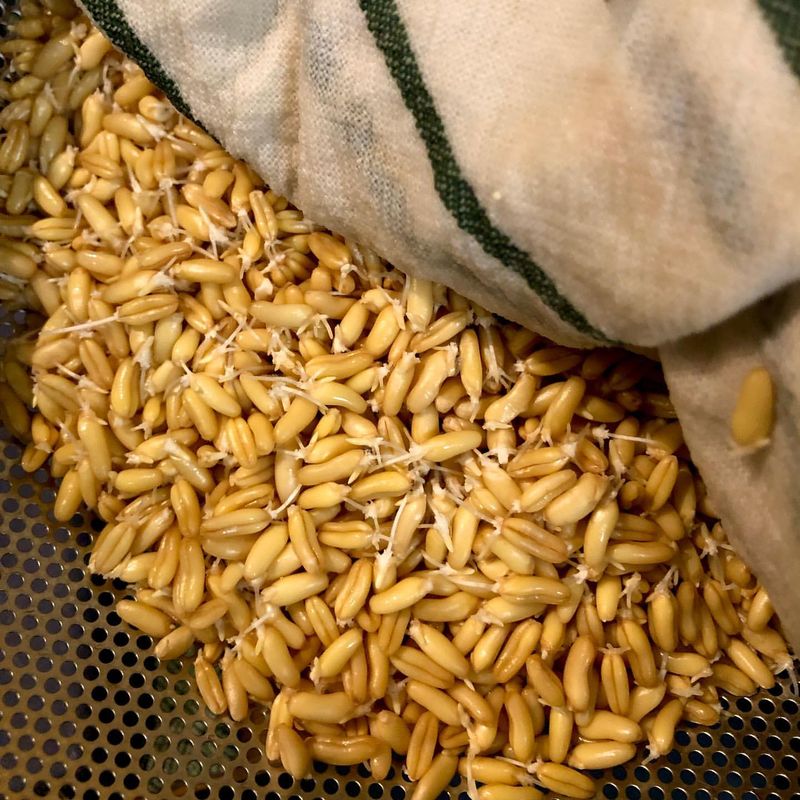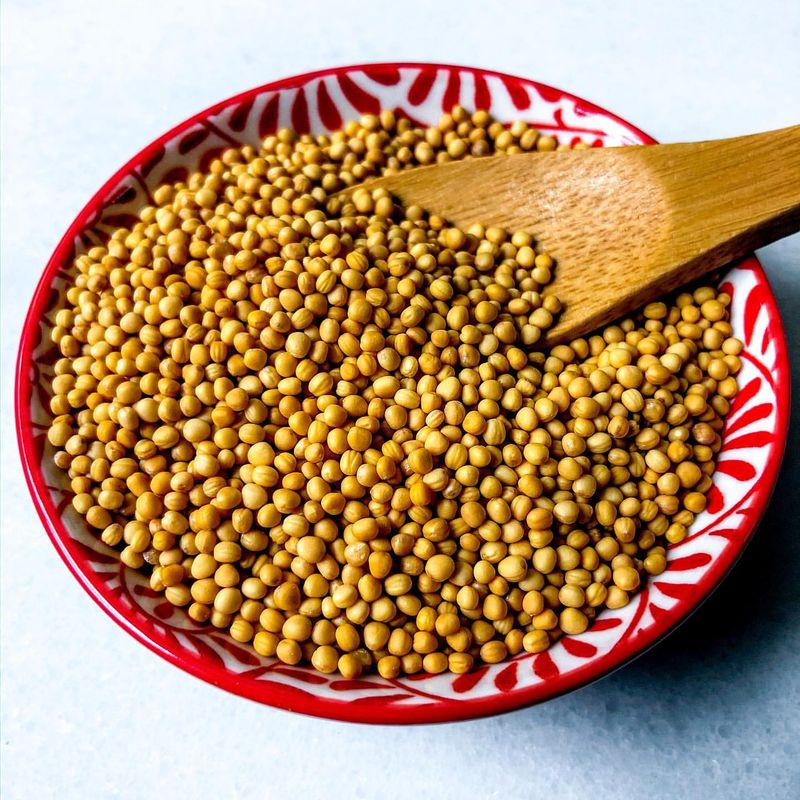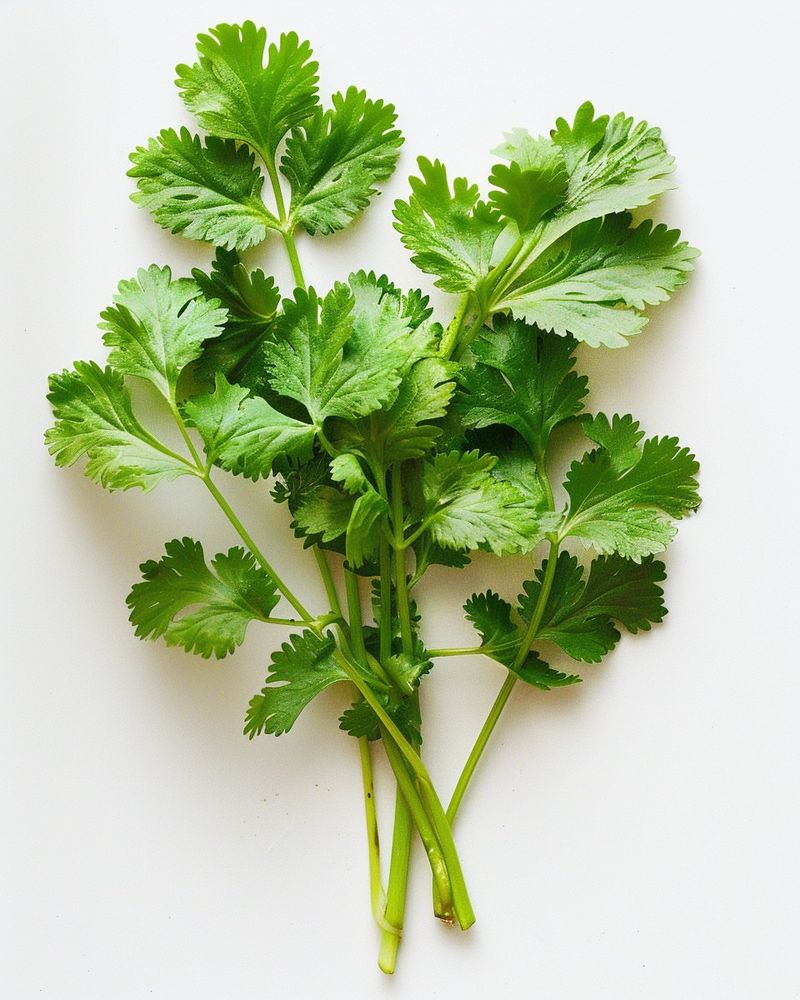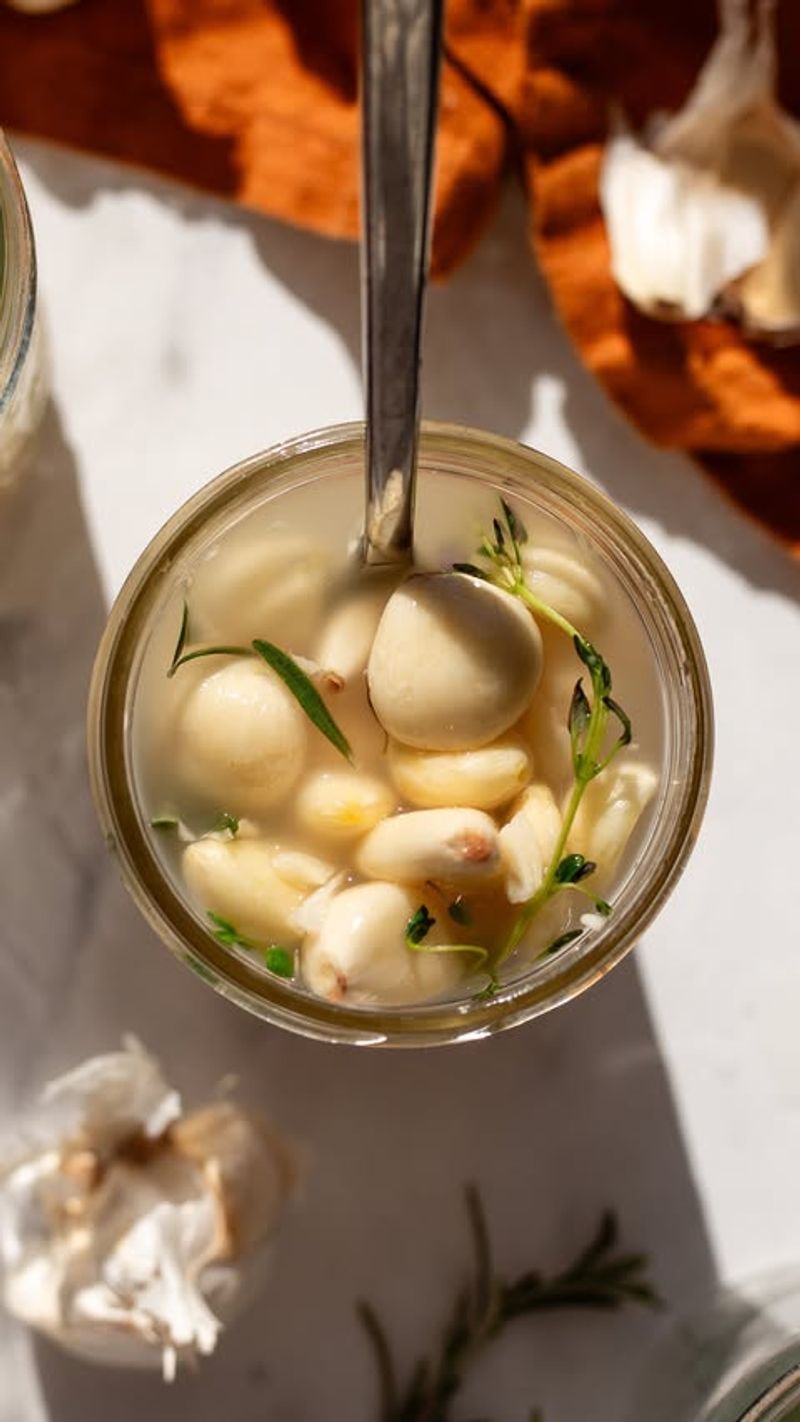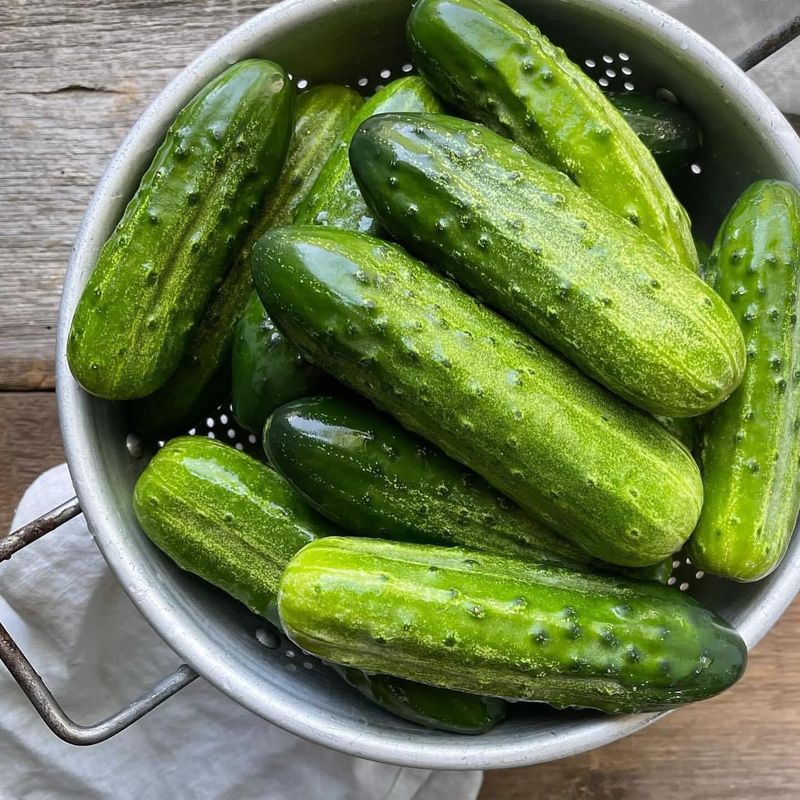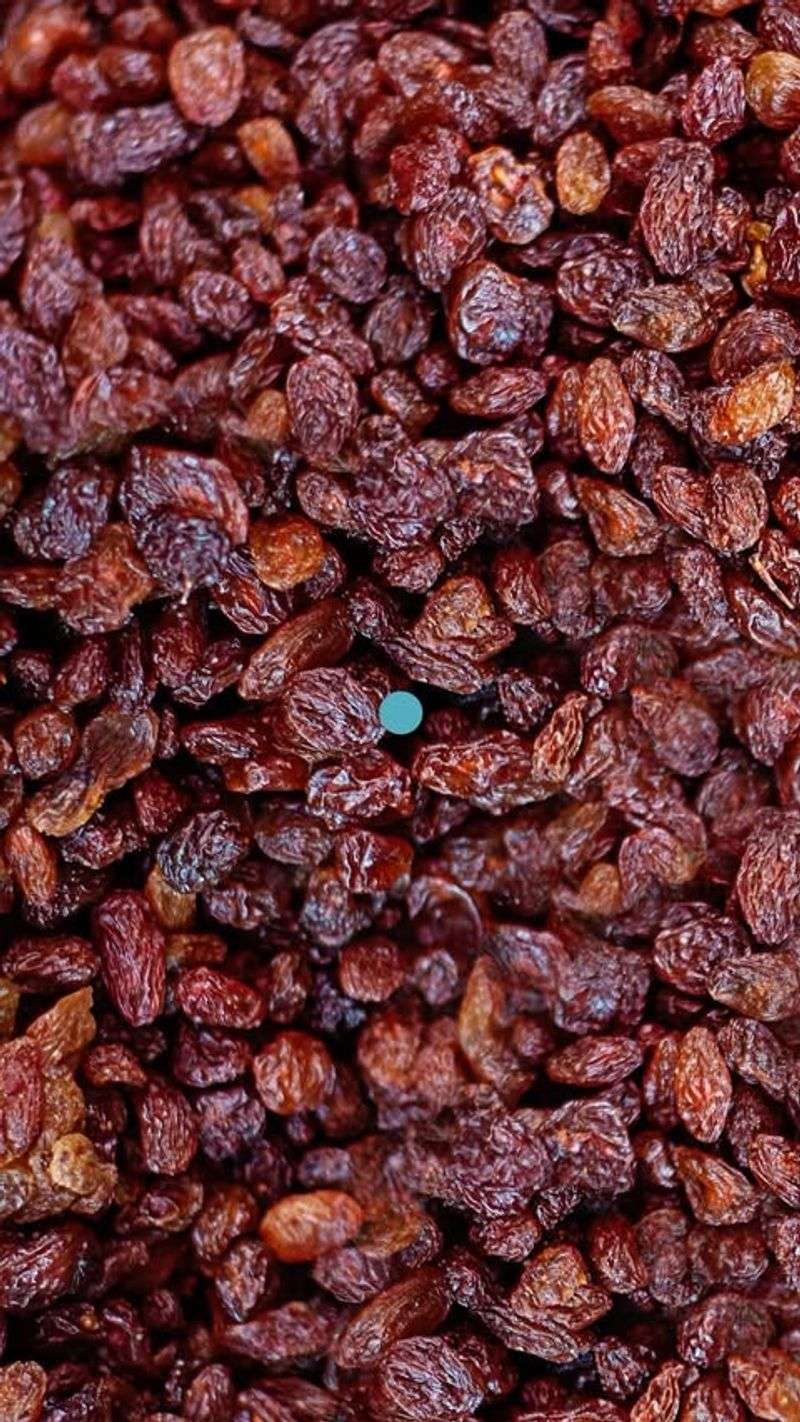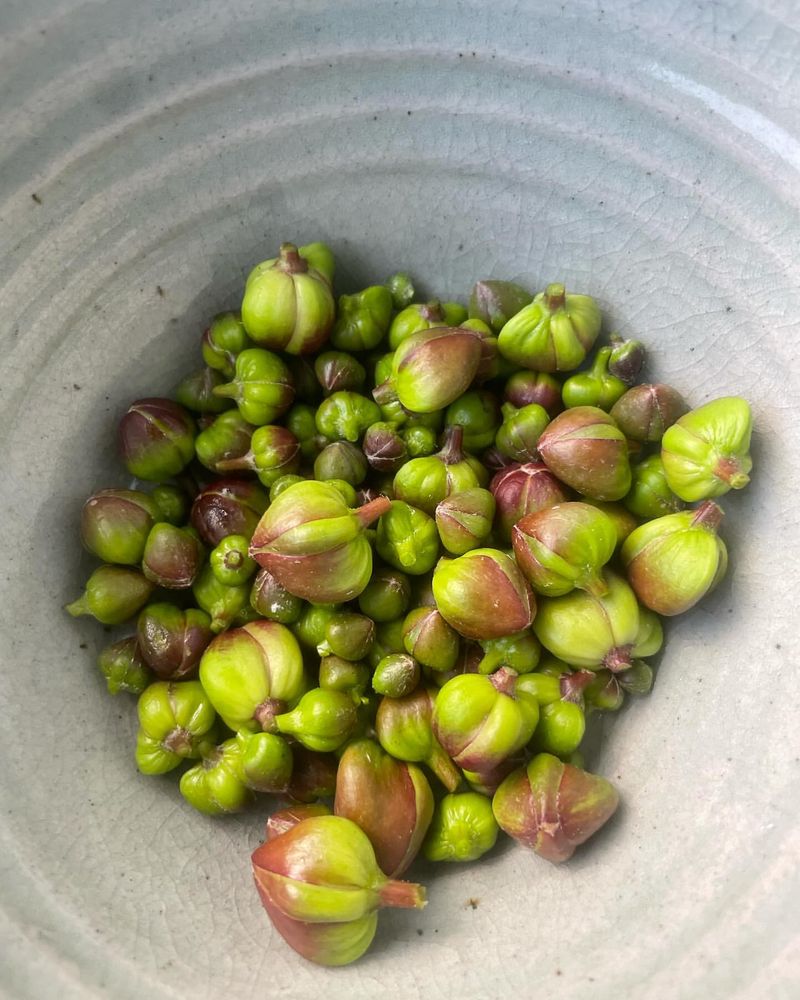The Bible, beyond its spiritual significance, offers a glimpse into the daily life of ancient civilizations.
Within its pages, we find mentions of foods that sustained generations and shaped cultures.
Astonishingly, many of these ancient staples are still enjoyed today, connecting us not only to the past but also to the flavors and traditions of our ancestors.
1. Olives
Imagine sitting under an olive tree, basking in the Mediterranean sun, and munching on fresh olives. Trust me, the salty burst of flavor is nothing short of divine. Olives have been a staple since biblical times, cherished not just for their taste but for their versatility.
Back then, they symbolized peace and prosperity. Today, they still adorn our salads, pizzas, and charcuterie boards. Their rich, buttery essence adds a unique flair to any dish. Plus, they’re loaded with healthy fats – a win-win!
2. Figs
Ever bitten into a fig so juicy it practically melts in your mouth? These luscious fruits were a favorite in biblical times and continue to steal the show today. Figs are not only delicious but packed with fiber and antioxidants. No wonder they’re hailed as a superfood.
In ancient times, they symbolized fertility and prosperity. Nowadays, their sweet, honey-like flavor makes them a perfect natural snack. Pair them with cheese or toss them in a salad for a gourmet touch. They’re tiny, but they pack a punch!
3. Pomegranates
Picture this: cracking open a pomegranate to reveal a treasure trove of jewel-like seeds. The sweet-tart burst is a sensory delight like no other. In the Bible, pomegranates were symbols of abundance and fertility.
Fast forward to today, they’re praised for their high antioxidant content. Sprinkle the seeds over yogurt or salads, and you’ll understand why these fruits have been loved through the ages. The seeds not only add a pop of color but also a delightful crunch.
4. Honey
Let me tell you, there’s nothing quite like a spoonful of pure, golden honey. In ancient times, honey was considered a symbol of abundance. Its natural sweetness has been prized across cultures and continues to be a favorite sweetener today.
Drizzle it over pancakes, stir it into tea, or enjoy it straight from the jar. Honey also boasts antibacterial properties. Talk about a sweet deal! The aromatic flavor and rich texture make it a versatile ingredient in any kitchen. Why not indulge in a spoonful today and taste history?
5. Lentils
Lentils might not scream excitement, but let me assure you, they’re an ancient powerhouse of nutrition. In biblical times, lentils were a staple food, offering a hearty meal for those needing sustenance. Today, they’re celebrated for their high protein and fiber content.
Perfect in soups, stews, or salads, lentils are both versatile and tasty. Their earthy flavor and creamy texture provide comfort on a chilly day. Adding lentils to your diet is like giving a high-five to history.
6. Barley
It might not be the star of the show, but it’s been quietly nourishing people for millennia. In biblical times, it was a staple grain. Its nutty flavor and chewy texture make it a great addition to soups and stews. Barley is packed with fiber and vitamins.
Try it as a side dish or in a hearty salad. You’ll find that it adds a wholesome touch to any meal. This humble grain is a testament to enduring culinary traditions. Who knew something so ancient could still be so relevant today?
7. Grapes
Nature’s candy. They’ve been enjoyed since ancient times. Back then, they were a symbol of joy and abundance. Today, we still savor them in everything from wine to jam. Their sweet juiciness is simply irresistible.
Whether eaten fresh or dried as raisins, grapes offer a burst of flavor and a handful of health benefits. They’re rich in vitamins and antioxidants, making them a guilt-free treat. Add them to a cheese board, toss them in a salad, or just enjoy them by the handful.
8. Almonds
Ever tasted a fresh almond straight from the tree? Trust me, it’s a game-changer. Almonds were highly valued in biblical times, symbolizing hope and promise. Today, they’re celebrated for their crunchy texture and nutty flavor.
Packed with protein and healthy fats, they’re a nutritious snack that’s hard to resist. Sprinkle them over desserts, salads, or simply enjoy them on their own. Almonds add a satisfying crunch and a touch of elegance to any dish.
9. Fish
Fish have been a dietary staple since biblical times, providing essential nutrients and flavor. In those days, fishing was a way of life for many communities. Fast forward to today, and fish remain a beloved source of protein around the world.
Grill it, bake it, or enjoy it raw in sushi. The possibilities are endless! Fish are rich in omega-3 fatty acids, making them a heart-healthy choice. Dive into a plate of fish and experience a timeless taste sensation that’s both delicious and nutritious.
10. Milk
A source of nourishment for millennia, cherished since biblical times. Its creamy texture and rich flavor make it a versatile ingredient in countless dishes. Whether enjoyed on its own or used in cooking, milk continues to be a staple in many diets.
It’s rich in calcium and vitamins, supporting bone health and overall wellness. From cheese to yogurt, milk is the base of many beloved foods. Pour yourself a glass and savor every sip.
11. Bread
The ultimate comfort food, and it’s been around since biblical times. Back then, it was a basic necessity, symbolizing sustenance and life. Today, bread is still a staple in diets around the world.
From sourdough to pita, each culture has its unique take on this timeless food. The aroma of freshly baked bread is simply irresistible. Slather it with butter, dip it in olive oil, or enjoy it plain. Bread brings people together and nourishes both body and soul.
12. Dates
Dates are nature’s candy, and they’ve been savored since ancient times. In biblical days, they symbolized abundance and were a prized commodity. Today, their sweet, caramel-like flavor makes them a natural sweetener.
Enjoy them on their own or use them to add depth to desserts. Dates are rich in fiber and nutrients, offering a healthful treat that satisfies cravings. Next time you’re in need of a sweet fix, reach for dates and indulge in a taste that has delighted palates for centuries.
13. Garlic
Garlic might not be the first thing that comes to mind, but it’s been a beloved ingredient since biblical times. With its pungent aroma and bold flavor, garlic adds a kick to any dish. It’s more than just a spice; garlic boasts numerous health benefits.
In ancient times, it was valued for its medicinal properties. Today, it’s a kitchen staple that enhances everything from pasta to roasted vegetables. Crush it, slice it, or roast it whole – garlic is versatile and indispensable.
14. Herbs
They may be small, but herbs pack a punch when it comes to flavor and aroma. Used since biblical times, herbs were prized for their culinary and medicinal properties.
Today, they continue to add depth and character to dishes worldwide. Whether fresh or dried, herbs such as basil, rosemary, and thyme elevate any meal. Herbs are a testament to the enduring nature of simple ingredients.
15. Manna
Often described as ‘bread from heaven,’ is one of the more mystical foods mentioned in the Bible. It sustained the Israelites during their desert wanderings. The exact nature of this substance remains a mystery, sparking interest and speculation.
Described as small and white, manna was said to taste like wafers made with honey. Although replicating its divine origins seems impossible, modern interpretations often involve sweet, flaky pastries. This ancient sustenance continues to inspire culinary creativity.
16. Locusts
Locusts might not be everyone’s idea of a delicious meal, but they have been consumed since biblical times. Known for their nutritional benefits, these insects were part of John the Baptist’s diet. In ancient times, locusts were often roasted or sun-dried.
While the thought might seem unusual today, entomophagy, the practice of eating insects, is gaining popularity as a sustainable protein source. Adventurous eaters are rediscovering this ancient practice, finding locusts to be surprisingly palatable.
17. Quail
These small game birds are another fascinating food from biblical times. According to the scriptures, quails were provided to the Israelites in the wilderness. These birds were considered a delicacy, offering tender meat with a rich flavor.
Today, quail still graces tables worldwide, appreciated for its taste and culinary versatility. Whether roasted, grilled, or braised, quail remains a beloved choice for gourmets. Its biblical origins add an enriching layer to its culinary story.
18. Mustard Seeds
Small yet potent, they hold significant symbolic meaning in the Bible. They are famed for their role in parables, representing faith and growth. Despite their size, they pack a punch in flavor and were valued in ancient culinary practices.
Mustard seeds are still cherished in kitchens around the world. Their versatility shines through in pickling, seasoning, and sauce-making. This tiny seed continues to inspire both culinary and spiritual journeys, proving its timeless appeal.
19. Coriander
Coriander, an ancient spice, finds its mention in the Bible, particularly in Exodus. It’s depicted as resembling manna. Known for its citrusy flavor, coriander seeds were likely used to flavor bread and stews.
Coriander continues to be a culinary favorite, especially in Middle Eastern and Asian cuisines. Its versatility is unmatched, enhancing the taste of curries, salads, and even baked goods. Try toasting coriander seeds to unlock a deeper, nuttier aroma!
20. Vinegar
Vinegar, mentioned in the Bible during Ruth and Jesus’ time, served as a refreshing drink. It was often diluted with water and consumed by workers in the fields.
Modern uses of vinegar are diverse, ranging from culinary applications to cleaning solutions. Its tangy taste boosts salad dressings and marinades. For a unique twist, consider apple cider vinegar for a fruity kick.
21. Cumin
A spice known since biblical times, is mentioned in Isaiah. Its warm, earthy flavor made it a valuable commodity. It was used not only for cooking but also as a form of tax payment. Cumin is essential in global cuisines, from Indian curries to Mexican tacos.
It’s prized for its ability to add depth and warmth to dishes. For those experimenting in the kitchen, try adding cumin to roasted vegetables or homemade spice blends. Its historical significance and modern appeal make it a timeless spice.
22. Roasted Grain
Roasted grain, often referred to as parched grain, appears frequently in biblical texts. It was a staple food, easily prepared by roasting in open fires.
This ancient snack is making a comeback as a nutritious, crunchy treat, perfect for salads or as a standalone snack. For an exciting culinary adventure, try making your own roasted grain mix with herbs and spices.
23. Cucumbers
They are mentioned in the Book of Numbers, were staples for the Israelites during their time in Egypt. Today, cucumbers remain popular worldwide, loved for their refreshing taste and hydrating properties. Whether sliced into salads or pickled into crunchy delights, cucumbers offer versatility.
In warm climates, cucumbers thrive, harking back to their ancient cultivation. Try adding them to a yogurt dip for a cooling snack reminiscent of centuries-old traditions. Their enduring appeal is a testament to their timeless flavor and nutritional benefits.
24. Raisins
Produced from dried grapes. They are another ancient food mentioned in the Bible. Often served as a compact and nourishing snack for travelers and soldiers. Today, raisins are enjoyed in various cuisines, from sweet desserts to savory dishes.
Their sweet, chewy nature makes them perfect for baking or as a standalone snack. Rich in iron and antioxidants, raisins contribute to a healthy diet. Sprinkle them on oatmeal or mix them into a trail mix to savor a taste that has been loved for millennia.
25. Mallow
Mallow, an often overlooked plant, finds its historical roots in biblical times. Known for its soft, velvety leaves, it was consumed as a nutritious green. While it might not have the fame of some other ancient foods, its earthy flavor makes it a delightful addition to modern salads.
In ancient texts, mallow was considered a humble plant, often associated with simplicity and sustenance. Today, it’s cherished for its medicinal properties and culinary versatility. Whether sautéed or raw, mallow brings a touch of history to your plate.
26. Caper Berries
This lesser-known biblical treat, offers a burst of tangy flavor reminiscent of the Mediterranean sun. Harvested from the caper bush, these berries were appreciated for their unique taste and preserved for use throughout the year.
In ancient times, caper berries were not just culinary delights but also symbols of vitality and fertility. Their distinctive taste pairs beautifully with meats and cheeses, adding a zing to traditional recipes. Today, caper berries are a gourmet favorite.
27. Gourds

Gourds, such as cucumbers and melons, were staples in ancient diets. Their refreshing taste made them popular in hot climates. They are rich in water content, providing hydration.
From soups to salads, they are maintaining their historical significance. It’s a testament to the resilience and adaptability of these foods that they have endured through millennia. Each time we enjoy these ancient staples, we participate in a culinary tradition that connects us to the past.


